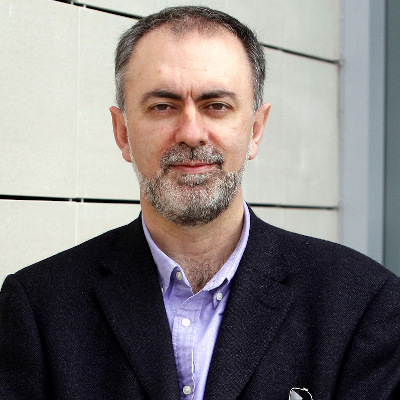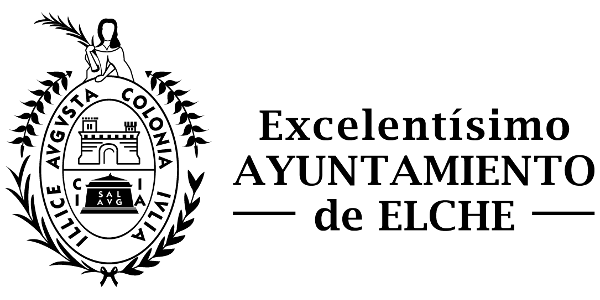Speaker

MATEU SERVERA
UNIVERSITY OF THE BALEARIC ISLANDS. SPAIN
Mateu Servera Barceló is Doctor in Psychology and Psychologist Specialist in Clinical Psychology. He is Full Professor in the area of Personality, Evaluation and Psychological Treatments and Professor at the University of the Balearic Islands and researcher at the University Institute of Health Sciences Research (IUNICS) and the Health Research Institute of the Balearic Islands (IDISBA).
His teaching is mainly on Child Psychopathology and his main line of research focuses on Attention Deficit Hyperactivity Disorder and Slow Cognitive Tempo. He has four recognized research periods, five five-year teaching periods, is the author of more than 80 scientific publications (40% in the 1st quartile of JCR journals), 24 collaborations in books and scientific papers, and more than 100 participations in congresses and scientific meetings.
Measurement and implications of Cognitive Disengagement Syndrome

Cognitive Disengagement Syndrome (CDS), formerly known as Slow Cognitive Tempo or Sluggish Cognitive Tempo Syndrome, encompasses behaviors such as excessive daydreaming, mind wandering, distractibility, confusion/mental fog, slow behavior/thought, and drowsiness. Following the definition of the set of symptoms that relate, but at the same time differentiate it, from the symptoms that constitute the inattention dimension in the diagnostic criteria of Attention Deficit Hyperactivity Disorder (ADHD), proposals for assessment scales and questionnaires for teachers, parents, and the children and adolescents themselves have emerged. The progress has been such that we are now able to offer validated assessment tools, with good psychometric indicators and ready for use.
Furthermore, studies on the clinical implications of CDS are also progressing rapidly: it not only maintains its traditional relationship with ADHD but also advances and is posited as a relevant dimension in emotional symptomatology, sleep problems, and even measures of somatic indicators. In this symposium, we will present the latest version of the Child and Adolescent Behavior Inventory (CABI), with psychometric data for parents of 5 to 17-year-olds, which includes a measure of CDS and traditional measures of child and adolescent psychological disorders. Additionally, we will provide updated data on the clinical implications of CDS, always controlling for the effect of ADHD inattention, with which it remains related but postulates as a dimension with independent influencing capacity.










